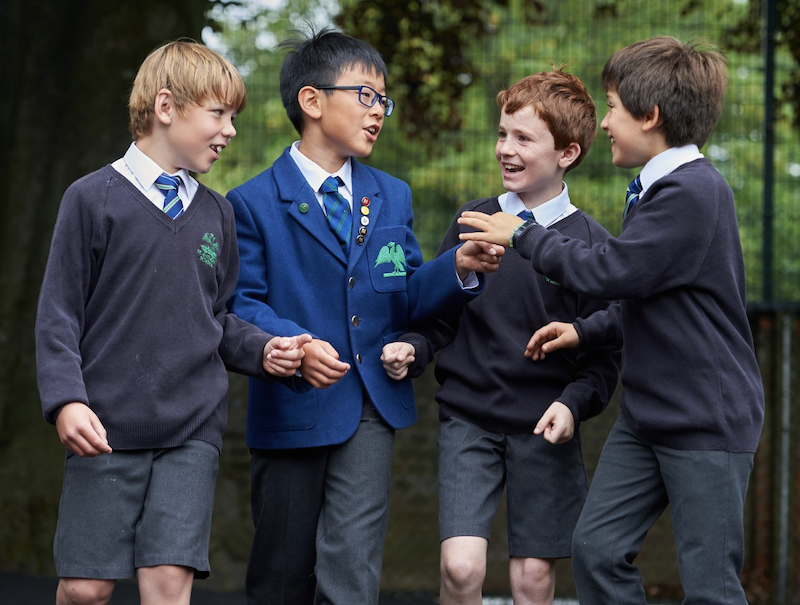Transcending boundaries: the future of an independent-state education
Posted on 6th Dec 2022 in School News
Mr Richard Berlie, Headteacher at St. Anthony's School for Boys, looks at the importance of private-state school partnerships.
One of the most positive developments in education over the last decade or so has been the strengthening of links between private and state schools. There are many reasons why the sectors should be working closely together on academic, pastoral and co-curricular issues. Classroom practice and schemes of work may vary from school to school but all teachers will face the challenge of engaging pupils with traditional subjects whilst preparing them to take their place in a contemporary workplace. It is sobering to reflect that many of the jobs children in schools today will do have yet to be created. Irrespective of specific skills young people will be expected to be imaginative, collaborative, self-motivated and versatile. Schooling, then, is much less about preparing for examinations (or cramming knowledge – why cram when there is Google?) and more about how knowledge and skills are deployed.
Teaching children to think logically and articulate ideas is relevant to the study of the Classics as it is to Mathematics. The most effective partnerships I have seen have nearly always involved pupils from different types of school coming together to debate topics or undertake a shared project perhaps in art, music or drama. A free market of ideas is always more interesting not least because argument is a great leveller not dependent on a child’s economic or social background. Pupils who learn to listen are often the better thinkers and typically more sensitive and respectful of others. Breaking down barriers and prejudices serves an important social function too. Excellent pupils just like excellent teachers are to be found in both state and private schools and no doubt the opposite is true too. Engaging children in a shared task across a number of schools is certainly more interesting than having them operate as silos. As the poet once wrote, ‘No man is an island’ and neither should any educational establishment worth its salt be too.
Over and above academic reasons for sharing good practice is a recognition that all young people face immense challenges and pressures wrought by social media and more-often-than-not an unrealistic expectation of themselves and life in general. Happiness invariably will be found in relationship with each other especially the value of friendship. And when life presents challenges young people require strength of character, or resilience, to see them through. In my school there is an emphasis on service to others and the formation of an informed conscience. Children understand that life mostly consists of a series of choices between right and wrong, good and bad, altruism and selfishness. The value of each child’s being does not derive from their exam scores even less from the school they were enrolled at. Oxbridge discussion groups, hobbies and societies, orchestra and stage work are all ways in which private-state school partnerships may operate in practice. But it is the opportunity for human encounter and engagement that matters more as well as the possibility of transformation and friendship.